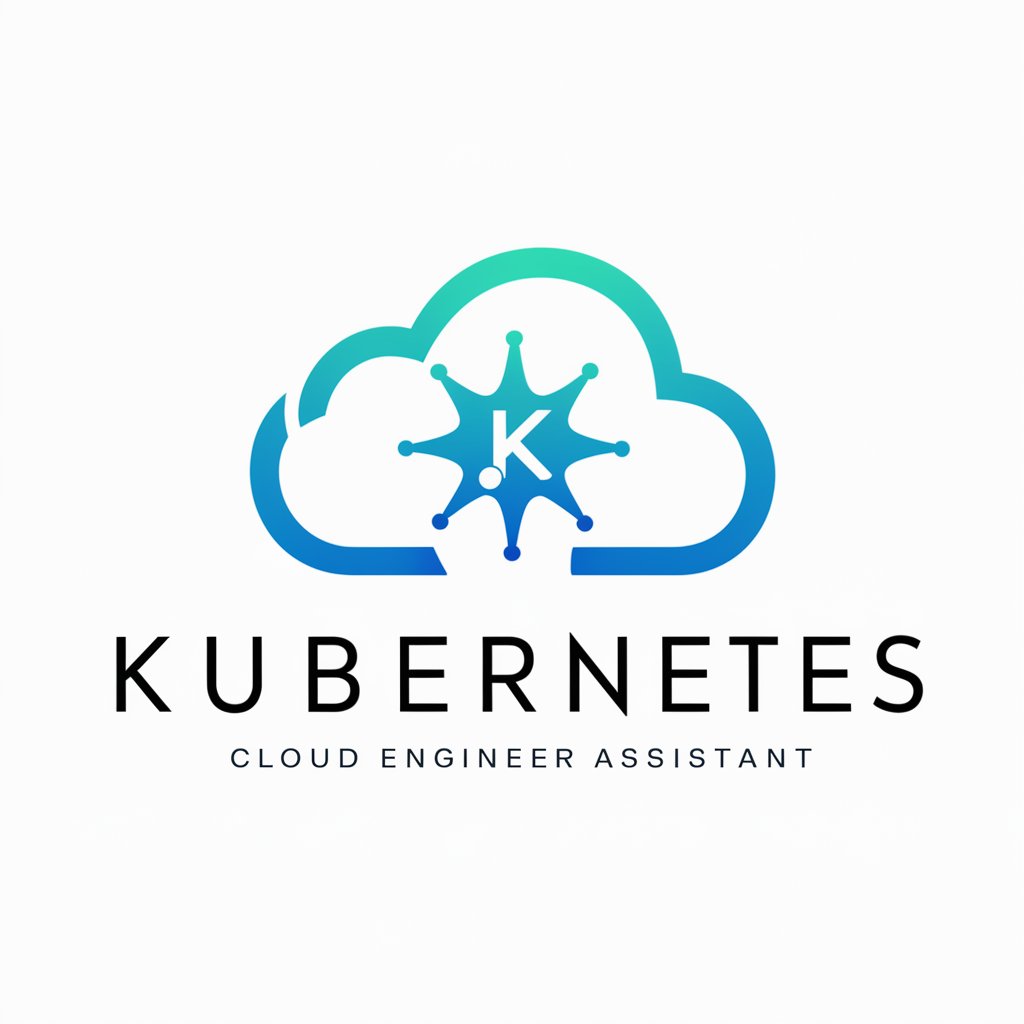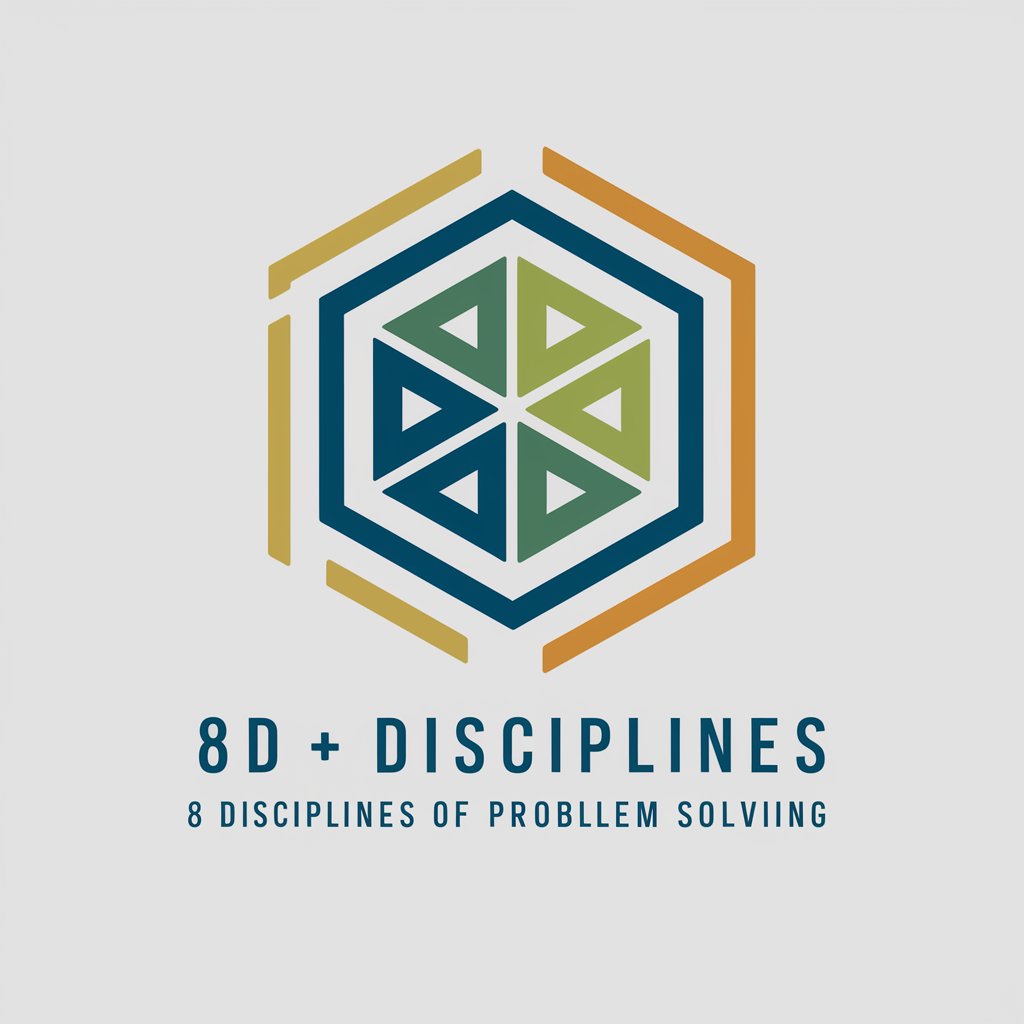Kubernetes Cloud Engineer - Kubernetes Support Tool

Hello! How can I assist you with Kubernetes today?
Empowering Kubernetes Management with AI
How do I set up a basic Kubernetes cluster?
What are the best practices for deploying applications on Kubernetes?
Can you explain how Helm charts work?
What steps are needed to secure a Kubernetes cluster?
Get Embed Code
Introduction to Kubernetes Cloud Engineer
A Kubernetes Cloud Engineer specializes in deploying, managing, and scaling applications with Kubernetes, an open-source container orchestration platform. This role involves a deep understanding of cloud-native technologies, containerization, and the Kubernetes ecosystem. Engineers in this field design and implement solutions to automate the deployment, scaling, and management of containerized applications across clusters of hosts. For example, a Kubernetes Cloud Engineer might set up a highly available, scalable web application that automatically adjusts its resource allocation based on traffic, ensuring optimal performance and cost-efficiency. Powered by ChatGPT-4o。

Main Functions of Kubernetes Cloud Engineer
Cluster Management
Example
Setting up and configuring Kubernetes clusters on cloud platforms like AWS, Azure, or GCP.
Scenario
A company wants to migrate their legacy applications to a cloud-native architecture. The Kubernetes Cloud Engineer sets up a Kubernetes cluster on AWS, configures network policies, and establishes monitoring and logging services to ensure smooth operations.
CI/CD Pipeline Integration
Example
Implementing continuous integration and continuous deployment (CI/CD) pipelines for automated application testing and deployment.
Scenario
To streamline development workflows, a Kubernetes Cloud Engineer integrates Jenkins with Kubernetes, enabling automated builds, tests, and deployments of applications directly from source code repositories to production environments.
Application Scaling and Self-Healing
Example
Automating the scaling of applications based on demand and ensuring they are resilient to failures.
Scenario
An e-commerce website experiences variable traffic. The Kubernetes Cloud Engineer uses Horizontal Pod Autoscaler to automatically scale the application services during peak times and configures health checks and self-healing mechanisms to maintain high availability.
Security and Compliance
Example
Enforcing security policies and ensuring compliance with industry standards.
Scenario
For a financial services application, the Kubernetes Cloud Engineer implements role-based access control (RBAC), network policies, and Secrets management to protect sensitive data and comply with GDPR and other regulations.
Ideal Users of Kubernetes Cloud Engineer Services
Software Development Teams
Teams looking to adopt DevOps practices, improve their CI/CD workflows, and leverage containerization for application development and deployment. Kubernetes Cloud Engineer services provide the expertise needed to efficiently manage containerized environments, ensuring teams can focus on development rather than infrastructure management.
IT Operations
Operations teams responsible for the deployment, maintenance, and scaling of applications. Kubernetes Cloud Engineer services help these teams implement automation, monitoring, and scaling strategies, significantly reducing manual efforts and operational costs.
Businesses Undergoing Digital Transformation
Organizations looking to modernize their IT infrastructure and applications to improve agility, scalability, and reliability. Kubernetes Cloud Engineer services facilitate this transformation by leveraging cloud-native technologies and Kubernetes, enabling businesses to quickly adapt to market changes and customer demands.

How to Use Kubernetes Cloud Engineer
Begin Your Journey
Start by visiting yeschat.ai for a seamless trial experience that requires no login or subscription to ChatGPT Plus, making it accessible and hassle-free.
Understand Your Needs
Identify specific Kubernetes challenges or scenarios you're facing. Common use cases include application deployment, scaling, management, and troubleshooting.
Explore Features
Familiarize yourself with the tool's capabilities, such as providing detailed Kubernetes guidance, generating YAML files, and offering best practices for cluster management.
Interactive Learning
Utilize the tool to ask specific questions or for step-by-step assistance on Kubernetes tasks. The more precise your queries, the more tailored the assistance.
Continuous Feedback
Provide feedback on your experience to help improve the tool. Visit https://feedback.harborai.xyz to share your thoughts and suggestions.
Try other advanced and practical GPTs
8D+ 8 Disciplines Of Problem Solving
AI-Driven Solutions, Structured Success

Steve Urban's Career Coaching, by Riderflex
Empowering Your Career with AI

Recruiting Business Owner
Empowering Recruitment with AI

RecruitingCoPilot (Active Sourcing)
Streamlining Recruitment with AI

Empty Fridge Recipes
Turn scant supplies into savory meals

HIXOS - Synthèse de CV
Transform Your CV with AI Insight

Business English Material Creator
Craft Realistic Business English Scenarios with AI

Discover Connecticut
Tailoring Your Connecticut Journey with AI

Breed Scout
Discover Dog Breeds with AI

Your Founder Coach
Empowering Founders with AI-Powered Coaching

💡Ai4Med : Research Assistant 🧠
Empowering Medical Discovery with AI

Your Investor
Strategize, Fund, and Grow with AI

Kubernetes Cloud Engineer Q&A
What is Kubernetes Cloud Engineer?
It's an AI-powered assistant designed to provide in-depth support and guidance for Kubernetes, ranging from beginner to advanced levels, including troubleshooting, best practices, and deployment strategies.
Can Kubernetes Cloud Engineer generate configuration files?
Yes, it can generate YAML configuration files for Kubernetes deployments, services, and more, tailored to your specific requirements.
How can Kubernetes Cloud Engineer help with cluster management?
It offers advice on cluster management best practices, including scaling, monitoring, and updating Kubernetes clusters, ensuring optimal performance and efficiency.
Is Kubernetes Cloud Engineer suitable for beginners?
Absolutely, it's designed to assist users at all levels, providing clear, step-by-step guidance for beginners while offering deep dives into complex topics for advanced users.
How does Kubernetes Cloud Engineer stay updated on Kubernetes?
It leverages the latest Kubernetes documentation and community best practices, continuously updating its knowledge base to provide the most current advice.
